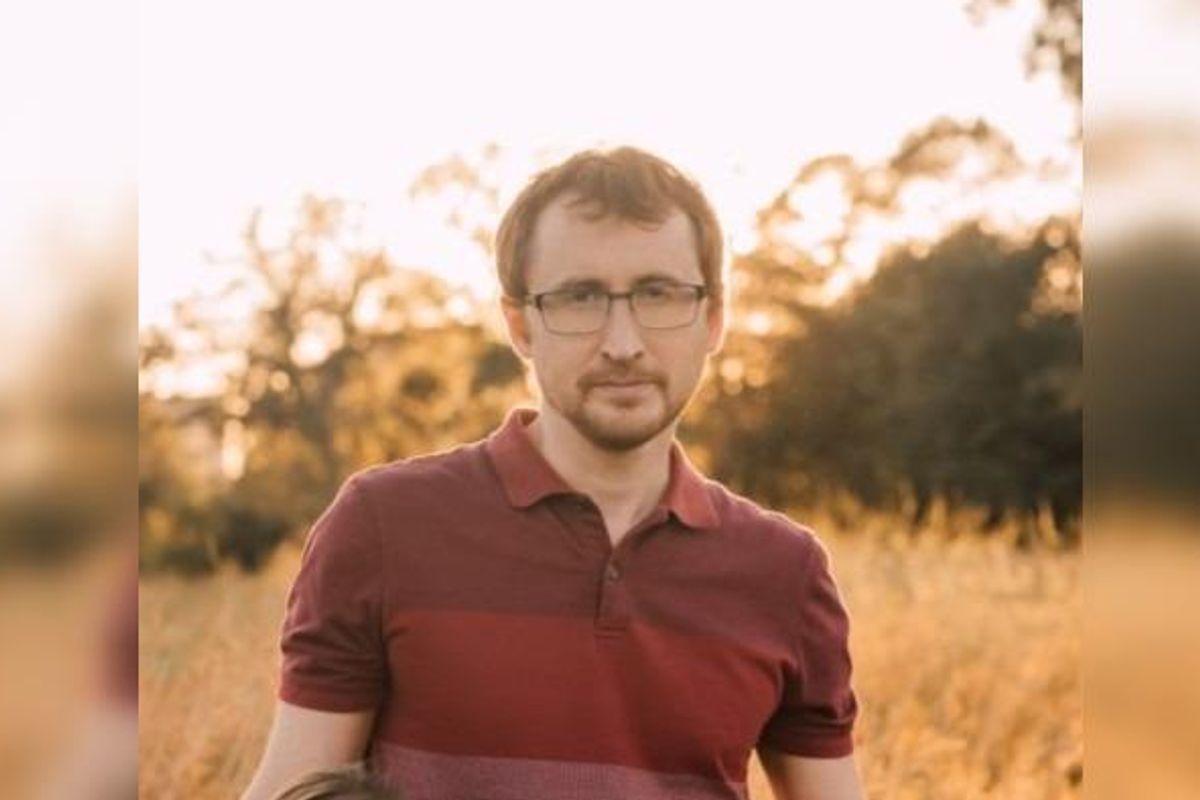Exclusive: Houston additive manufacturing startup names new CEO
at the helm
As of last week, Tim Neal has a new job.
The Houston entrepreneur joined next-generation additive manufacturing company AmPd Labs founded by Sean Harkins and Brien Beach. Neal now serves as CEO of the company. He formerly served as co-founder and CEO of GoExpedi, a Houston-based industrial procurement solutions company.
Neal tells InnovationMap that he'd always been interested in the additive manufacturing sector, and sees a lot of potential for AmPd Labs in the industrial world in Houston — now more than ever.
“Within additive manufacturing, a lot of people focus on the medical and the aerospace sectors, but the industrial sector has been largely overlooked. Being in Houston, that really resonates,” Neal says. “The technology is now at a place that it can be at this production scale.”
The AmPd Labs facility, located in the Heights, works with its industrial clients through the entire life cycle — from initial design, fit and function, and onward. Neal says that what AmPd Labs provides for its customers is this comprehensive support at a rapid pace and in a nearshore capacity.
“We see a vision of ourselves as a digital manufacturing firm for manufacturers," he says. “The ability to very rapidly hard-to-make products and save that time, but also removing obsolete parts."
Additionally, AmPd Labs has a zero-waste process and can help its industrial clients with their ESG goals. The materials the company uses can be recycled and used again, Neal says.
"A lot of large industrial firms in Houston are focused on this new energy revolution, and that requires new technologies," he explains. "Many of these parts are hard to make."
Neal says he's sat on every side of the arena at this point, and he's bringing his background, including his experience with scaling a startup, to the table.
“We are big believers in the Houston economy," he says. "While the market might disagree at times, the green economy starts in Houston — the infrastructure is here, the companies wanting and needing to make that change are here.”
- Editor's Picks: Top 10 Houston startup feature stories of the year ›
- Houston startups raise funds, enter into new partnerships, and more local innovation news ›
- Overheard: Young founders explain the challenges they've faced ›
- New venture brings next-generation additive manufacturing to Houston ›
- Tim Neal, Sandy Guitar, and Sahir Ali are Houston innovators to know - InnovationMap ›
- Expert: How AI is disrupting manufacturing and the future of quality management systems - InnovationMap ›




 Sean Harkins and Brien Beach opened AmPd Labs' space in the Heights last week. Images via ampdlabs.llc
Sean Harkins and Brien Beach opened AmPd Labs' space in the Heights last week. Images via ampdlabs.llc